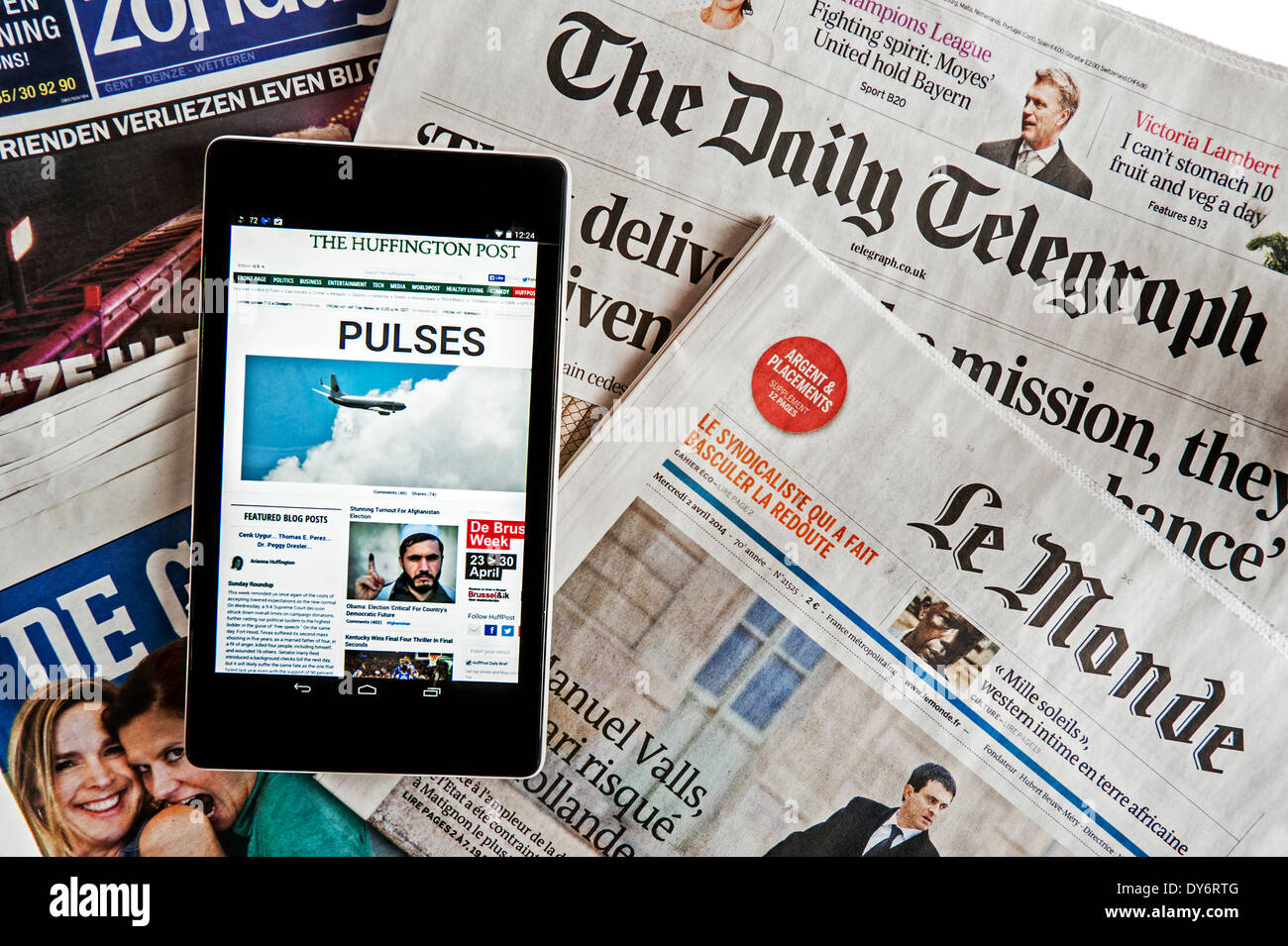How News Sites can Save You Time, Stress, and Money.
Table of ContentsThe Only Guide to News SitesSome Of News SitesEverything about News SitesNews Sites for BeginnersThe Best Guide To News Sites
It was down in the UK and Brazil but up some various other nations, such as Greece, Bulgaria, and Poland. This year, for the first time, we inquired about the different manner ins which individuals avoid the information and found that around half of avoiders (53%) were trying to do so in a broad-brush or routine way as an example, by shutting off the radio when the information came on, or by scrolling past the news in social networks.You stated that you try to proactively prevent news.
Base: Those who often or usually stay clear of the news in all markets = 33,469. In our qualitative research study this year we've heard a lot more proof concerning the scenarios that provide surge to this discerning news avoidance, also by those that are or else extremely interested. Certain news stories that are duplicated exceedingly or are felt to be 'em otionally draining' are typically passed over in favour of something extra uplifting.
How News Sites can Save You Time, Stress, and Money.

Selective avoidance of Ukraine news was highest possible in a lot of the nations closest to the conflict, reinforcing searchings for from our added survey in 2014, right after the war had started - News Sites. Our information might not recommend an absence of rate of interest in Ukraine from neighboring nations however instead a desire to take care of time or shield mental health from the very actual horrors of battle
Contrasting Finland with a politically polarised country such as the USA (see following chart) that is much less influenced by the battle, we locate a really different pattern of topic evasion. In the USA, we locate that customers are more probable to prevent subjects such as nationwide politics and social justice, where discussions over problems such as sex, sexuality, and race have become extremely politicised.
American national politics are rather toxic these days. I find often that I have to detach from tales that just make me upset. F, 61, United States For some individuals, bitter and dissentious political debates are a reason to transform off news entirely, however for some political upholders, evasion is usually about obstructing out viewpoints you do not desire to listen to.
More About News Sites
Those on the left are more probable than those on the right to prevent news concerning crime or company and money. Evidence that basics some individuals are averting from vital news subjects, like the war in Ukraine, national politics, and even climate modification is extremely tough for the news market and for those that think the news media have an essential role in educating the general public as component of a healthy freedom.

This discusses why tales like Ukraine or national politics execute well with news regulars however can at the same time transform much less interested users away. Careful avoiders are less thinking about all kinds of news than non-avoiders but in loved one terms they do seem to be a lot more curious about positive or solutions-based news.
A Biased View of News Sites
Instead we can analyze this as an oft-stated wish for the information to be a little bit much less dismaying and a bit much easier click to investigate to understand. Usually, I desire a lighter tone. It's excellent for my heart and makes me less anxious. M, 55, Germany There are no simple solutions to what is a diverse tale of disconnection and low interaction in a high-choice electronic atmosphere, yet our information suggest that much less sensationalist, much less adverse, and more explanatory approaches may help, especially with those that have reduced passion in information.
2023). This may hold true in the moment, but over time it appears to be leaving lots of people empty and less completely satisfied, which may be weakening our connection with and count on the news. Throughout markets, overall count on information (40%) and depend on in the sources people utilize themselves (46%) are down by an even more 2 portion points this year.
Certainly, through the rear-view mirror, the COVID-19 depend on bump is clearly noticeable in the complying with chart, though the direction of travel afterwards has actually been mixed. In many cases (e.g. Finland), the trust fund boost has been kept, while in others the upturn looks more like a spot in a story of ongoing lasting decrease.
A few of the highest possible reported degrees of media criticism are located in countries with greatest levels of mistrust, such as Greece, the Philippines, the USA, France, and the UK. The most affordable degrees of media criticism frequent those with higher degrees of trust, such as Finland, Norway, Denmark, and Japan.
Some Known Details About News Sites

Behind the averages we discover considerable and shocking country differences. In markets with a strong reading custom, such as Finland and the UK, around 8 in 10 still choose to check out on the internet information, yet in India and Thailand, around four in ten (40%) say they choose to enjoy information online, and in the Philippines that percentage mores than fifty percent (52%).